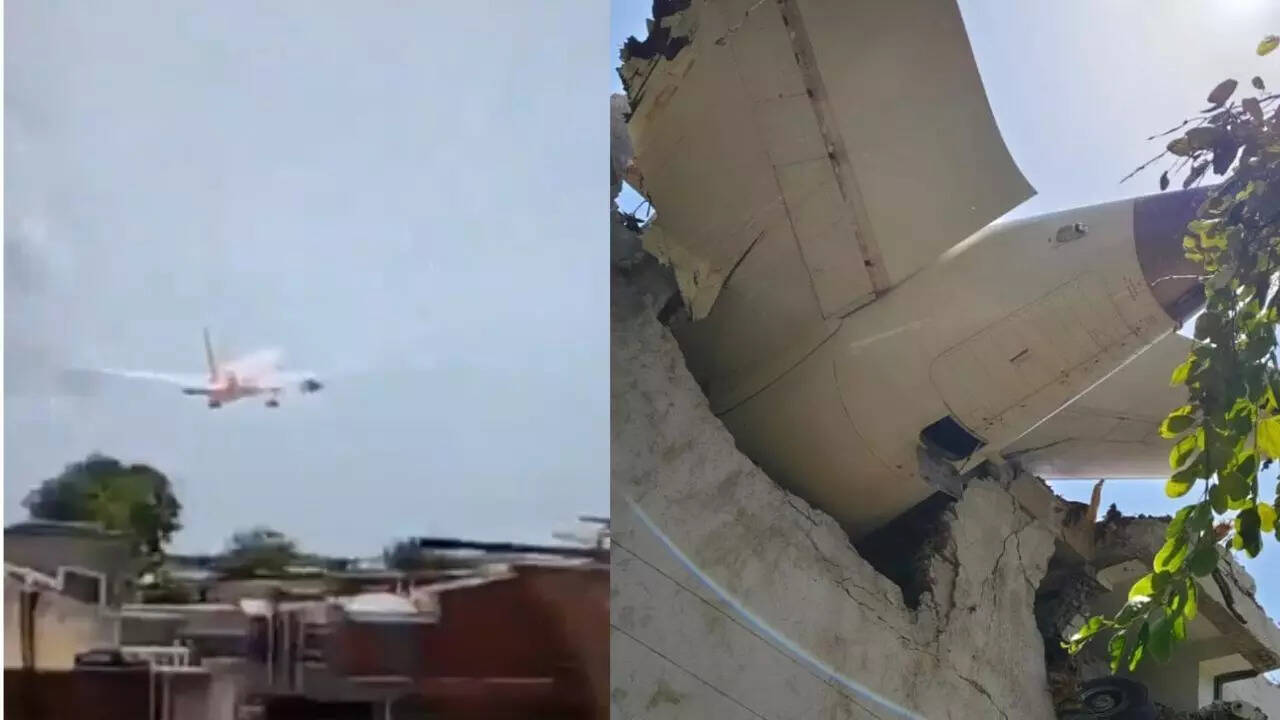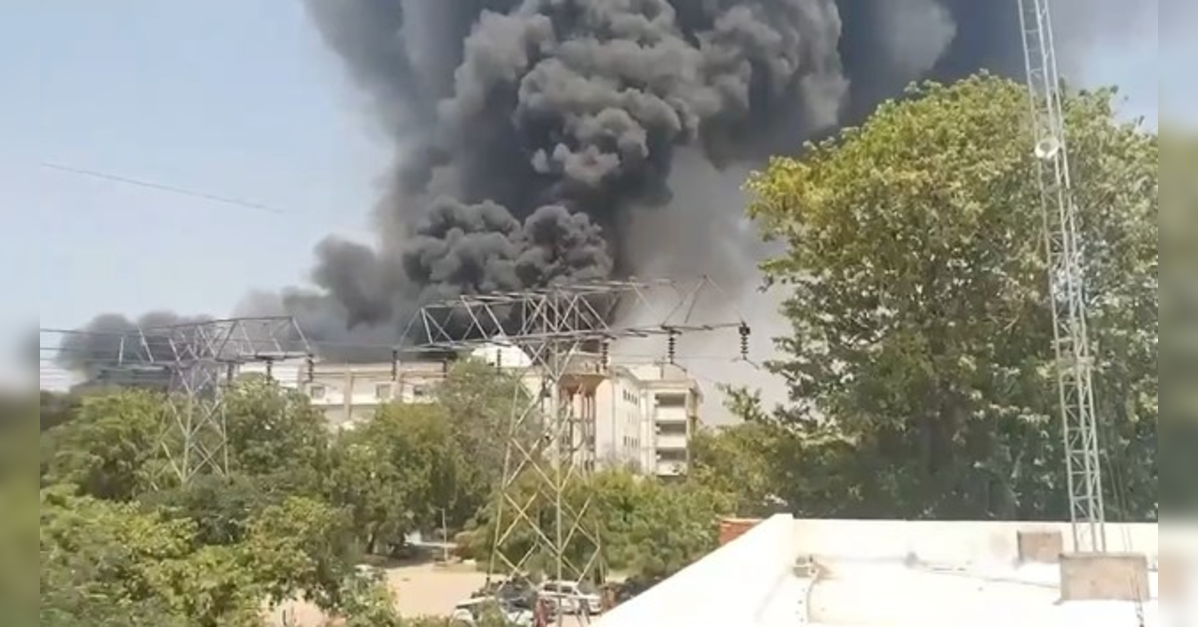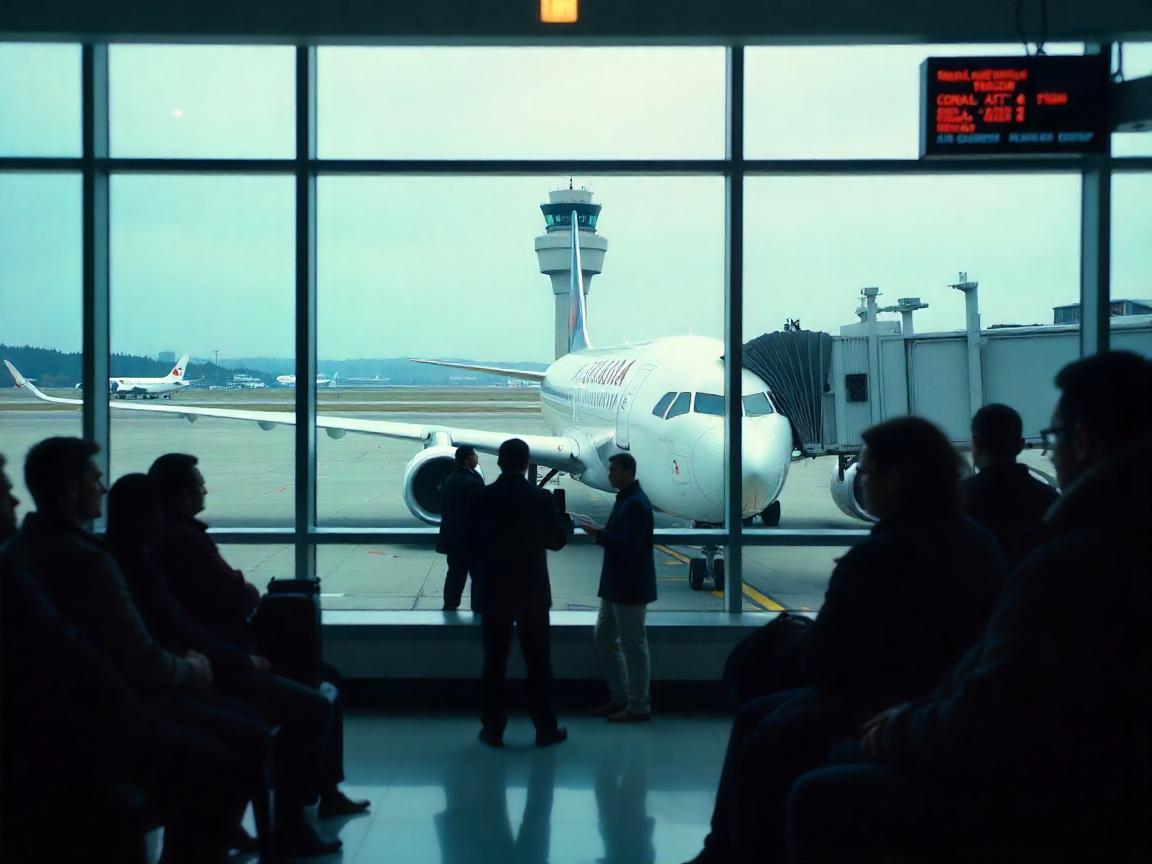Ahmedabad plane crash may dent Boeing plane orders

Troubled American plane maker Boeing might see its challenges mounting after an Air India Boeing 787-8 Dreamliner, flying from Ahmedabad to Gatwick, crashed immediately after takeoff from Ahmedabad today. There were 242 people on board the aircraft, including pilots and cabin crew. The aircraft issued a MAYDAY call to ATC, but thereafter did not respond to calls made by ATC, aviation regulator DGCA said in a statement. "It gave a MAYDAY call to ATC, but thereafter, no response was given by the aircraft to the calls made by ATC. Aircraft immediately after departure from Runway 23, fell on the ground outside the airport perimeter. Heavy black smoke was seen coming from the accident site," said the DGCA, as quoted by ANI.
While it's too early to determine what caused the plane crash, the incident will bring Boeing back into focus. Boeing planes have been involved in several incidents in the past few years, raising doubts about the quality of production.
Boeing has been mired in a series of controversies over the past several years. These issues span safety concerns, corporate governance, regulatory scrutiny and production quality problems. The most significant catalyst was the two fatal crashes involving the 737 MAX aircraft, but the implications have extended well beyond that.
Lion Air Flight 610 in 2018 and Ethiopian Airlines Flight 302 in 2019 crashed within minutes of takeoff, killing 346 people. Both crashes were linked to a faulty system known as the Maneuvering Characteristics Augmentation System (MCAS). The flawed software pushed the nose of the aircraft downward based on erroneous sensor data. This led to a global grounding of the 737 MAX fleet for over 20 months. US Congressional investigations revealed a “culture of concealment” at Boeing.
Last year in January, a door plug panel on a 737 MAX 9 aircraft of Alaska Airlines blew out mid-flight due to missing bolts, narrowly avoiding a catastrophe. Federal Aviation Administration grounded the MAX 9 temporarily and launched a detailed audit into Boeing’s production line. This resulted in additional penalties, delays in aircraft certification (including the 737 MAX 7 and MAX 10), and further erosion of trust.
Boeing’s corporate culture has been criticized as overly focused on cost-cutting and shareholder returns at the expense of engineering excellence and safety. A series of executive turnovers, including the ousting of former CEO Dennis Muilenburg, signaled internal turmoil.
Boeing faces competitive pressure from Airbus, which has gained market share during Boeing’s turmoil. Continued delivery delays have strained relationships with airline customers, many of whom are diversifying their fleet choices.
The Boeing 787-8 Dreamliner model, which crashed in Ahmedabad today, has faced recurring technical scrutiny in recent years. A previous Economic Times report documented repeated diversions of a Dreamliner with registration code N819AN due to hydraulic leaks and flap malfunctions, leading to multiple flight cancellations in a span of just 25 days earlier this year. In addition, Boeing engineer and whistleblower Sam Salehpour had earlier raised alarms in the US media, alleging that the company took manufacturing shortcuts on both the 777 and 787 Dreamliner models. Salehpour warned that such compromises could pose catastrophic risks as these aircraft age.
In recent years, Indian airlines have placed significant orders for Boeing aircraft, in response to the country's burgeoning aviation market. These acquisitions are pivotal in shaping the future of air travel in India, aligning with both domestic growth and international expansion objectives.
The substantial Boeing aircraft orders by Indian airlines are driven by the need for fleet modernization, network expansion and enhanced operational efficiency. As the Indian aviation sector continues to grow, these investments position airlines to meet future demands and maintain competitiveness in a rapidly evolving market.
In 2023, Air India ordered 220 jets from Boeing to revive its appeal with an all-new fleet. The airline also signed options to buy an additional 70 planes from Boeing, including 50 737 MAXs and 20 787 Dreamliners. Air India is said to be in discussions with Airbus and Boeing for a significant new aircraft order that may include around 200 additional single-aisle jets, industry sources told Reuters recently. Akasa Air, a low-cost airline which started operations about three years ago, has 226 Boeing 737 MAX jets on order. While Indigo operates a few Boeing jets, it has ordered over 900 planes from Airbus.
In recent years Boeing has grappled with internal and external production problems and constraints. A strike last year at its plants in Washington and Oregon shut down production of the popular single-aisle airplane.
Boeing's woes have hit airlines globally. Delayed deliveries are frustrating airlines. At Akasa Air, hundreds of anxious pilots remain idle without work due to delayed deliveries. Air India's expansion plans can face challenges due to aircraft delivery delays. US budget carrier Southwest Airlines, which operates an all-Boeing fleet, had to lay off workers company-wide for the first time in its history, in part due to delivery delays.
If the Ahmedabad plane crash probe reveals a production problem with Boeing 787-8 Dreamliner, it will be another Boeing aircraft to come under controversy after Boeing 737 MAX 8 and 9. Air India and Akasa, which have together ordered more than a thousand Boeing jets, might feel further pressure. Further scrutiny and regulatory pressure can impact production schedules. Air India has placed orders for 20 Boeing 787-9 Dreamliner aircraft too besides other Boeing jets. Last month, Qatar Airways signed a mega deal with Boeing which included 130 Dreamliners during US President Donald Trump's visit to the country.













